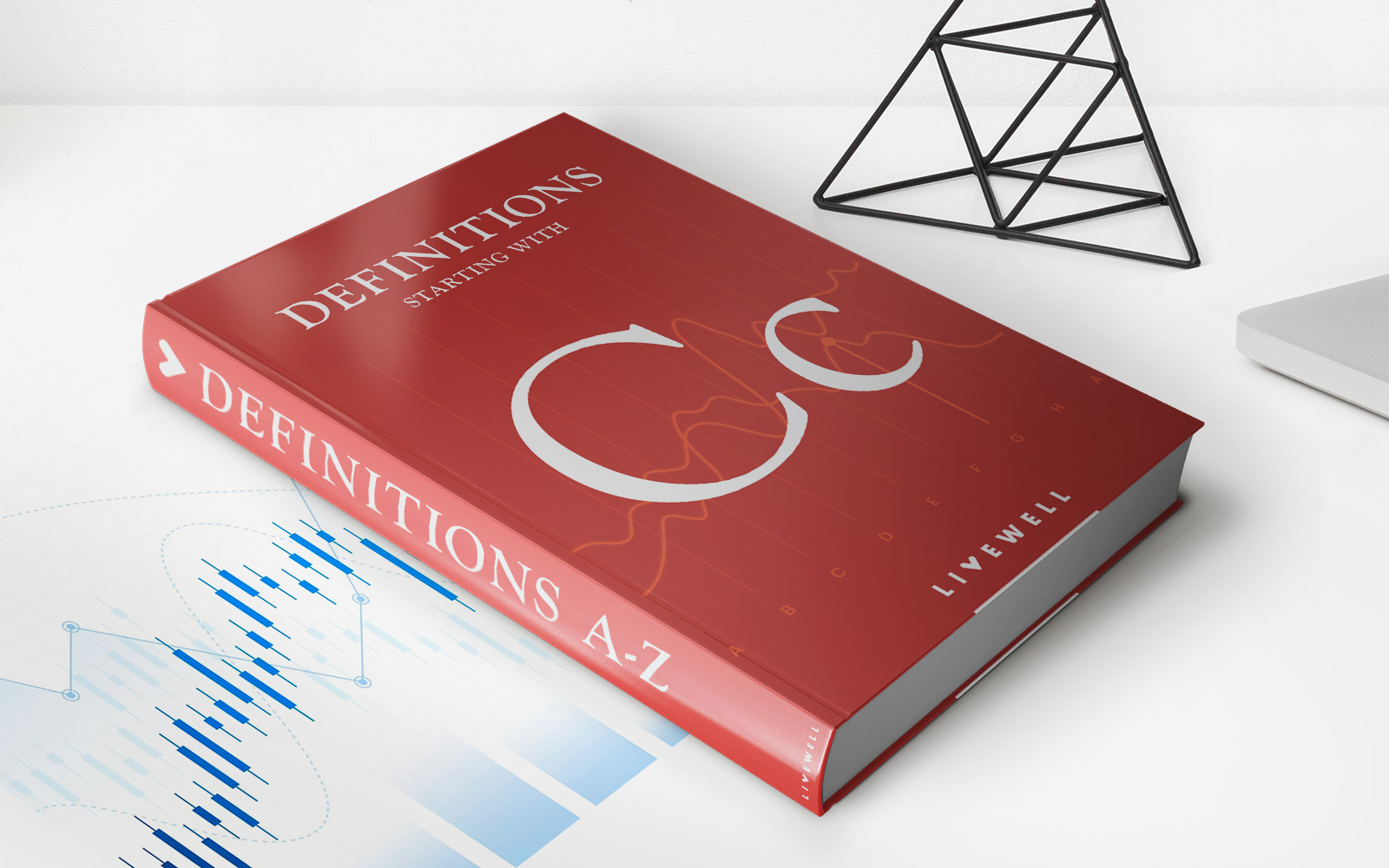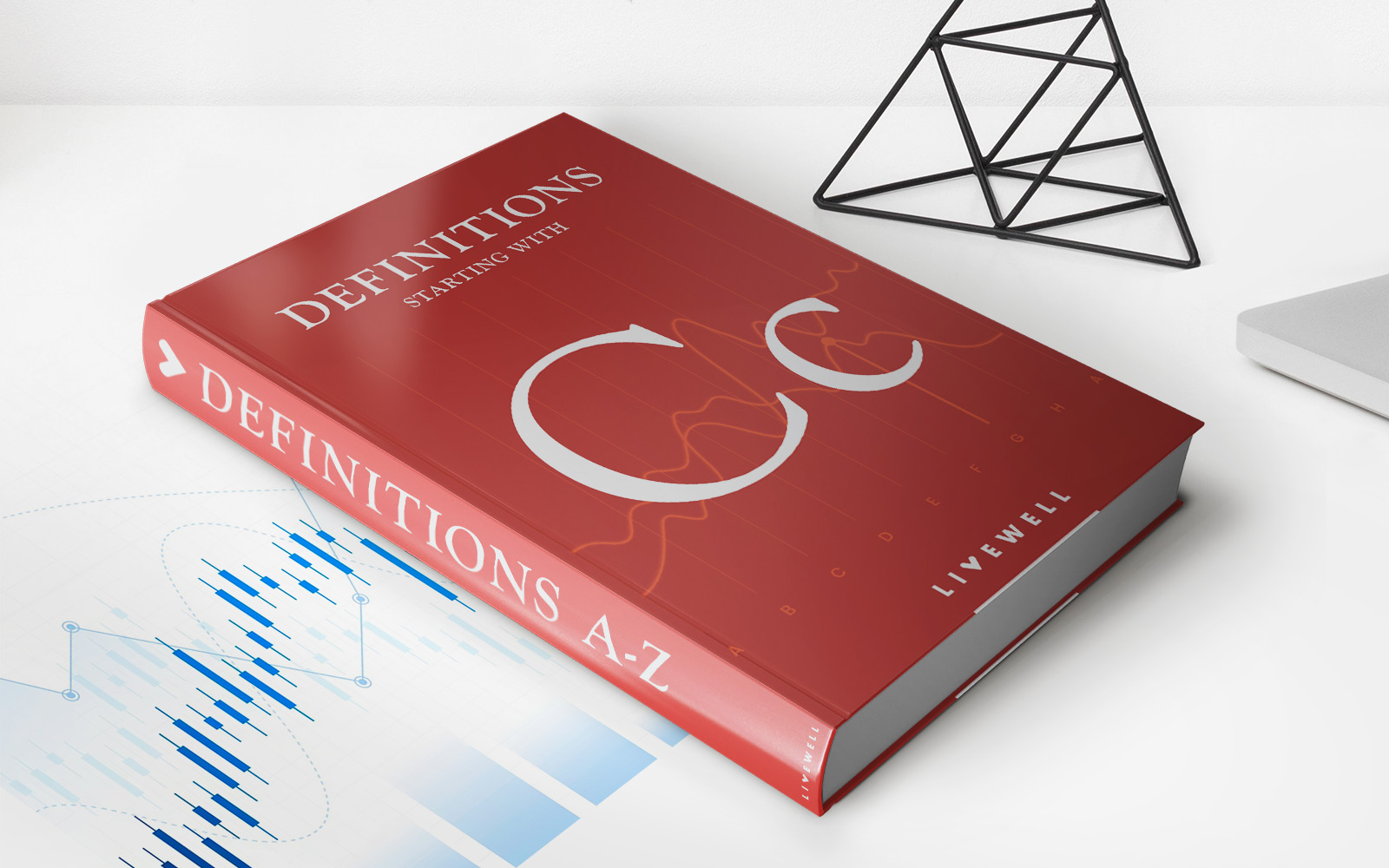

Finance
What Is Installment Credit?
Published: February 21, 2024
Learn about installment credit and how it can help you manage your finances. Understand the benefits and considerations of using installment credit. Gain insight into how installment credit works.
(Many of the links in this article redirect to a specific reviewed product. Your purchase of these products through affiliate links helps to generate commission for LiveWell, at no extra cost. Learn more)
Table of Contents
Understanding Installment Credit: A Comprehensive Guide
Introduction
When it comes to financing major purchases or managing unexpected expenses, installment credit can be a valuable tool. This financial arrangement allows individuals to acquire goods or services and repay the cost over time through a series of scheduled payments. Whether you're considering a mortgage, auto loan, or personal installment loan, understanding the nuances of installment credit is crucial for making informed financial decisions.
Installment credit is a cornerstone of the modern financial landscape, enabling individuals to make substantial purchases without bearing the entire financial burden upfront. By spreading the cost over an extended period, borrowers can effectively manage their cash flow while accessing essential assets and services. However, it's essential to grasp the various forms of installment credit, their advantages, and potential drawbacks before committing to this financial arrangement.
Throughout this comprehensive guide, we'll delve into the intricacies of installment credit, exploring its different types, the pros and cons associated with it, and the steps involved in obtaining installment credit. By the end of this journey, you'll be equipped with the knowledge needed to navigate the world of installment credit confidently and responsibly. So, let's embark on this enlightening exploration of installment credit and unravel the mechanisms that underpin this fundamental aspect of personal finance.
Understanding Installment Credit
Installment credit is a financial arrangement that enables individuals to make a purchase and repay the cost over time through a series of scheduled payments. Unlike revolving credit, which provides a line of credit that can be repeatedly used and repaid, installment credit involves borrowing a specific amount and committing to a structured repayment plan. This form of credit is commonly utilized for significant purchases, such as real estate, vehicles, and higher education, as well as for managing unexpected expenses.
One of the defining features of installment credit is the predetermined repayment schedule, which outlines the amount of each payment and the duration of the repayment period. This structure provides borrowers with a clear understanding of their financial obligations, facilitating effective budgeting and financial planning. Additionally, installment credit often involves fixed interest rates, offering predictability and stability in contrast to variable rates associated with some forms of revolving credit.
Furthermore, installment credit is secured or unsecured, depending on the presence of collateral. Secured installment credit requires the borrower to pledge an asset as collateral, providing the lender with recourse in the event of default. Common examples of secured installment credit include mortgages and auto loans. On the other hand, unsecured installment credit, such as personal loans, does not necessitate collateral but may involve higher interest rates to offset the increased risk for the lender.
By choosing installment credit, individuals can acquire essential assets and services while distributing the financial burden over an extended period, making it a practical solution for various personal and professional needs. Understanding the mechanics and implications of installment credit is essential for making informed financial decisions and leveraging this financial tool to achieve long-term goals.
Types of Installment Credit
Installment credit encompasses a diverse array of financial products tailored to meet specific needs and preferences. Understanding the various types of installment credit is essential for selecting the most suitable option based on individual circumstances and financial goals. Here are some common forms of installment credit:
- Mortgages: A mortgage is a quintessential example of installment credit, enabling individuals to purchase homes without bearing the entire cost upfront. Typically spanning over 15 to 30 years, mortgages involve regular payments comprising both principal and interest, allowing homeowners to build equity over time.
- Auto Loans: Auto loans facilitate the purchase of vehicles by spreading the cost over a predetermined period. Borrowers make monthly payments that encompass the vehicle’s purchase price and accrued interest, making car ownership accessible while accommodating budget constraints.
- Personal Loans: Personal installment loans are versatile financial tools that can be used for various purposes, including debt consolidation, home improvements, and unexpected expenses. These unsecured loans offer fixed monthly payments and are often accompanied by fixed interest rates.
- Student Loans: Designed to fund higher education, student loans provide students with the means to cover tuition, living expenses, and other educational costs. They typically feature deferred repayment options and competitive interest rates to support students in their pursuit of academic and professional growth.
- Installment Credit Cards: Certain credit cards offer the option to convert specific purchases into installment plans with fixed monthly payments, providing greater flexibility and predictability for managing larger expenses.
Each type of installment credit caters to distinct financial needs and aspirations, offering individuals the flexibility to access essential resources while aligning with their long-term financial plans. By evaluating the features and terms of different installment credit options, borrowers can make informed decisions that support their financial well-being and aspirations.
Pros and Cons of Installment Credit
Installment credit presents a range of advantages and considerations that individuals should weigh when evaluating its suitability for their financial needs. By understanding the pros and cons associated with installment credit, borrowers can make informed decisions that align with their long-term financial well-being.
Pros:
- Structured Repayment: Installment credit offers a clear and structured repayment plan, allowing borrowers to budget effectively and plan for future financial obligations.
- Predictable Payments: With fixed monthly payments and, in many cases, fixed interest rates, installment credit provides predictability and stability, making it easier for borrowers to manage their finances.
- Access to Essential Assets: By spreading the cost of major purchases over time, installment credit enables individuals to acquire homes, vehicles, and other essential assets without facing immediate financial strain.
- Building Credit History: Responsible management of installment credit can contribute to a positive credit history, enhancing future borrowing opportunities and improving credit scores.
- Flexible Terms: Installment credit products often offer flexible terms and competitive interest rates, empowering borrowers to select options that align with their unique financial circumstances and goals.
Cons:
- Accrued Interest: While predictable, the interest accrued over the duration of the repayment period can result in a higher overall cost for the financed purchase.
- Collateral Requirements: Secured installment credit necessitates collateral, placing assets at risk in the event of default, which can be a concern for some borrowers.
- Commitment to Repayment: The structured nature of installment credit requires a commitment to making regular payments over an extended period, which may limit financial flexibility in the short term.
- Impact on Debt-to-Income Ratio: Large installment credit obligations can impact an individual’s debt-to-income ratio, potentially influencing future borrowing capacity and financial decisions.
- Early Repayment Penalties: Some installment credit agreements impose penalties for early repayment, limiting the flexibility to settle the debt ahead of schedule.
By carefully evaluating these pros and cons, individuals can make informed choices regarding installment credit, leveraging its benefits while mitigating potential drawbacks to support their financial well-being and long-term goals.
How to Obtain Installment Credit
Obtaining installment credit involves a series of strategic steps aimed at securing favorable terms and aligning the credit arrangement with individual financial objectives. Whether seeking a mortgage, auto loan, or personal installment loan, the following guidelines can streamline the process of acquiring installment credit:
Evaluate Your Financial Position:
Prior to pursuing installment credit, assess your financial situation, including your income, existing debt obligations, and credit score. Understanding these key factors will provide insight into your borrowing capacity and inform your approach to obtaining installment credit.
Research Lenders and Products:
Conduct thorough research to identify reputable lenders offering installment credit products that suit your specific needs. Compare interest rates, terms, and eligibility requirements to identify the most favorable options and ensure compatibility with your financial goals.
Prepare Necessary Documentation:
Gather essential documentation, such as proof of income, employment history, and personal identification, to support your loan application. For mortgages, additional documentation related to the property may be required, including appraisals and property assessments.
Submit a Well-Prepared Application:
Complete the loan application accurately and comprehensively, providing all required documentation and disclosures. A well-prepared application enhances your credibility as a borrower and expedites the underwriting process.
Engage in Transparent Communication:
Communicate openly with lenders, addressing any queries or requests for additional information promptly and transparently. Clear and responsive communication can foster trust and cooperation throughout the loan approval process.
Review and Understand the Terms:
Prior to finalizing the installment credit agreement, carefully review the terms and conditions, including interest rates, repayment schedules, and any associated fees. Seek clarification on any aspects that are unclear to ensure a comprehensive understanding of the agreement.
Maintain Responsible Financial Behavior:
Once installment credit is obtained, maintain responsible financial behavior by making timely payments and managing your credit obligations prudently. This will contribute to a positive credit history and strengthen your financial standing for future borrowing needs.
By adhering to these guidelines and approaching the process with diligence and foresight, individuals can navigate the process of obtaining installment credit effectively, securing favorable terms and leveraging this financial tool to achieve their aspirations.
Conclusion
Installment credit serves as a cornerstone of personal finance, offering individuals the means to acquire essential assets, manage expenses, and pursue their aspirations through structured and manageable repayment plans. By providing access to mortgages, auto loans, personal loans, and other credit products, installment credit plays a pivotal role in empowering individuals to realize their homeownership, transportation, educational, and financial goals.
Understanding the nuances of installment credit, including its various types, advantages, and considerations, equips individuals with the knowledge needed to make informed financial decisions. While installment credit offers predictability, flexibility, and access to necessary resources, it also entails careful consideration of accrued interest, collateral requirements, and long-term financial commitments.
When seeking installment credit, individuals can navigate the process effectively by evaluating their financial position, researching suitable lenders and products, and maintaining transparent communication throughout the application and approval stages. By approaching the acquisition of installment credit with diligence and responsibility, borrowers can secure favorable terms and leverage this financial tool to support their long-term financial well-being.
Ultimately, installment credit empowers individuals to make significant purchases and manage financial obligations in a structured and sustainable manner, contributing to the cultivation of positive credit histories and the realization of personal and professional aspirations. By embracing the principles of financial literacy and prudent credit management, individuals can harness the potential of installment credit to navigate life’s milestones and achieve enduring financial stability.
As you embark on your financial journey, remember that installment credit, when utilized responsibly, can be a valuable ally in realizing your dreams and securing a prosperous future.














